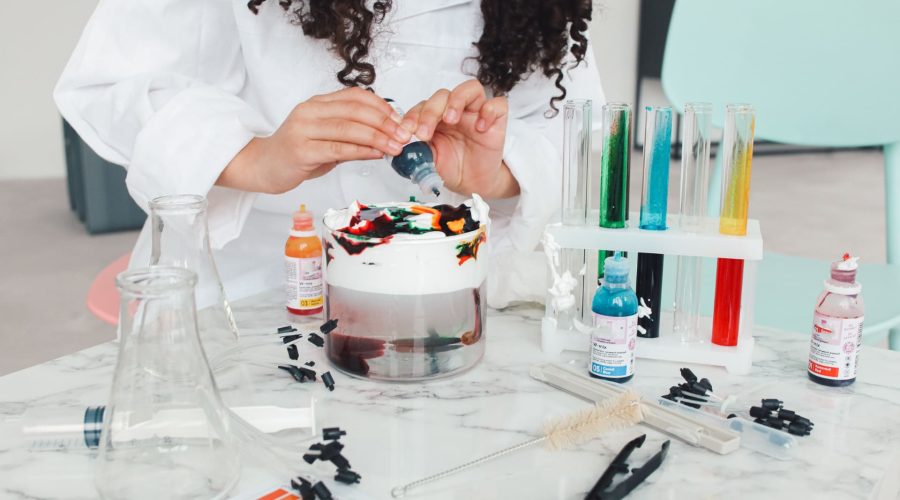
Description
Would you like to show your pupils how wind turbines generate electricity? Would you like to explain global warming through attention grabbing experiment they will talk about long after your class ends? We’ll teach you how to bring fun and thought-provoking activities that your students will love.
The world of science may seem like a complicated maze that only a few can walk through easily, unless it is presented through a series of fun, engaging, interactive activities. If students are introduced to the world of STE(A)M (Science, Technology, Engineering & Mathematics) early on, they start looking at the world in a different way. “A” stands for integrating arts into the learning process. The use of visual tools can unleash STEM innovation, while developing communication and collaboration among students.
Students are ready to share their own thoughts and theories on how the world “works”, they explore, develop creativity, and critical thinking skills. Participants will be presented with activities that encourage design based learning as a basis for the development of problem solving skills.
This course is aimed at developing STEAM way of thinking that inspire the child to explore, think logically and debate. We will be developing fine motor skills, and eye-hand coordination. Participants will be equipped to use interesting experiments, to be innovative and create “wow” and “a-ha” effects that children will talk about and remember long after the experiments are done. This is experiential learning at its best.
Participants will explore the concept of “learning through movement”, be equipped with excellent resources and online tools that further explain the topic.
By the end of the course participants will master the concept of STEAM, discover best ways to involve students in stimulating learning activities, encourage cross-disciplinary dialogue, and problem solving skills.
Learning outcomes
By the end of the course the participants will:
- Understand the cognitive benefits of incorporating movement in the learning process
- Comprehend the principles and psychological foundations of gamification in education
- Navigate and utilize a variety of online tools and resources for STEM education
- Plan and conduct hands-on experiments that reinforce theoretical STEM concepts
- Apply design-based learning strategies to foster creativity and critical thinking in students
- Facilitate collaborative design projects that address real-world STEM challenges
Tentative schedule
Day 1 – Introduction to the course
- Welcome event; presenting participants, their schools, cities, countries
- Presenting host organization and the city
- Getting to know each other: Icebreakers
- Introduction to the course
Guided walking tour of the city of Split
Day 2 – Learning through movement
- Introduction to the concept of learning through movement
- The impact of physical activity on cognitive functions
- Incorporating short physical activities in regular lessons plans
- Adapting STEAM concepts to movement-based learning
Day 3 – Gamification
- Definition and principles of gamification
- The psychology of gamification and student engagement
- Case studies of successful gamified STEAM lessons with popular gamification tools and platforms
Day 4 – Online tools
- Introduction to online platforms for STEAM education
- Practical demonstrations of STEAM tools and resources
- Integrating online tools into lesson plans
Day 5 – Experiential learning
- Understanding Experiential Learning in STEAM
- The role of hands-on experiences in STEAM education
- Building connections between theory and practice
- Adapting traditional lessons to experiential formats
Day 6 – Design Based Learning
- The connection between design thinking and problem-solving
- Fostering creativity and critical thinking through design
- Structuring design challenges
- Showcase and discussion of participant-designed projects
Day 7 – Course revision and evaluation
- Participants’ presentations on best practice
- Reflecting on the course and what we have learned from the past week
- Course evaluation
Specifics
Request Info
Questions before you register?
We'll answer anything about the course or practical details.
"*" indicates required fields